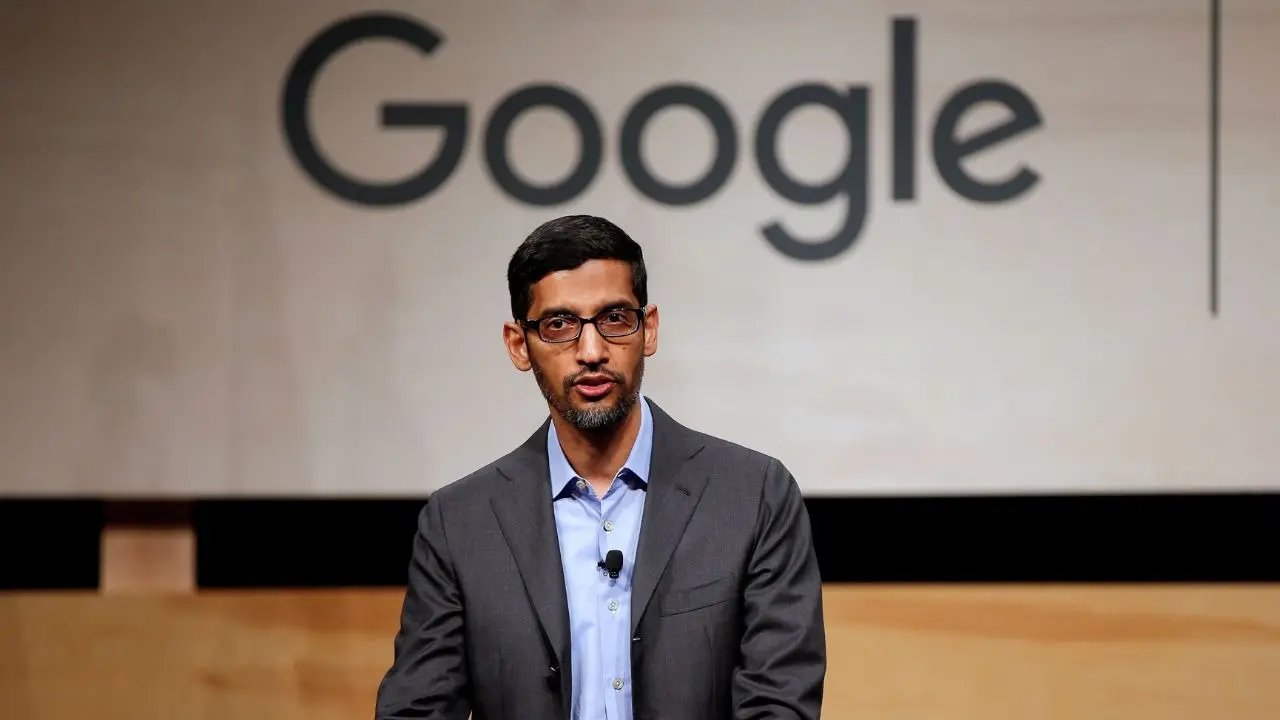Updated 30 May 2025 at 11:16 IST
‘No, It Is Not 2025’: Google’s New AI Search Feature Gets Basic Facts Wrong — Why That Should Worry You
Google AI Overviews has made a mistake, again, and it shows the future of how we consume information from the internet, especially AI-powered services.
- Tech News
- 3 min read

Google’s new AI Overviews feature, announced at last year’s I/O, is already facing criticism for factual inaccuracies in its answers, but its latest slip-up unearths deeper issues with AI services. Google’s AI-enhanced search, which began rolling out to markets outside the US, incorrectly said that it was not 2025. Even if you look the other way, previous mistakes by AI Overviews are enough to induce worry for users who have begun to rely on these tools more.
The wrong answer was first spotted on Reddit, where several people posted screenshots of AI Overviews saying it’s still 2024. Folks at Wired said they thought the screenshots were doctored because how could Google’s AI tool make a mistake as trivial as this? However, when they verified the results, they were shocked. Google AI Overviews said, “No, it is not 2025,” not one but three times. According to the report, Google AI Overviews has given the same answer to many people, who then took to different platforms to criticise the tool.
What’s the issue?
Not just people at Wired — and several other curious individuals who wanted Google AI Overviews to tell them the current date — but also folks at The Verge received the same reply:
“No, it is not 2025. The current year is 2024. According to the provided information, for some locations around the world, like Kiribati, New Zealand, and some parts of Russia and Australia, it is currently 2025. However, the current date is May 29, 2025 in San Francisco, CA [zip code redacted].”
Advertisement

This answer is full of caveats, but something as basic as checking the location of the person asking the question is nowhere reflected in AI Overviews’ answer. Of course, a region’s date depends on the time zone, AI is not expected to act juvenile and give nonsensical explanations for why it thinks the current year is wrong.
While it may seem like a harmless glitch, the implications run deeper, touching on trust, transparency, and the future of AI-powered information.
Advertisement
Why should it worry you?
AI Overviews is essentially a summarisation of troves of information to answer a question through the Google Search bar. It is different from search results, because you get a proper answer right at the top of the results, eliminating the need to scour web links to find an answer. Think of it like ChatGPT powered with a search engine (OpenAI is reportedly building a similar functionality). In this case, Google’s AI model misreported the current year, and, to its defence, the information was not created — it was collected from the internet. But the larger question is how this small mistake has a symbolic weight — unreliability, and the lack of credibility.
Services like AI Overviews index information and then interpret, assuming an editorial role without accountability, transparency, and nuance — something people seek when they turn to AI services. Consumer protection agencies around the world are already ramping up scrutiny on such services to curb the spread of misinformation, even if it is as trivial as misreporting the current year. If Google cannot fix the glitch, if it is one, after multiple flags, the future of AI-based information services looks dangerous. It could propel internet users into an era where misinformation is not one because AI services, claiming credibility, say so.
Published By : Shubham Verma
Published On: 30 May 2025 at 11:04 IST
